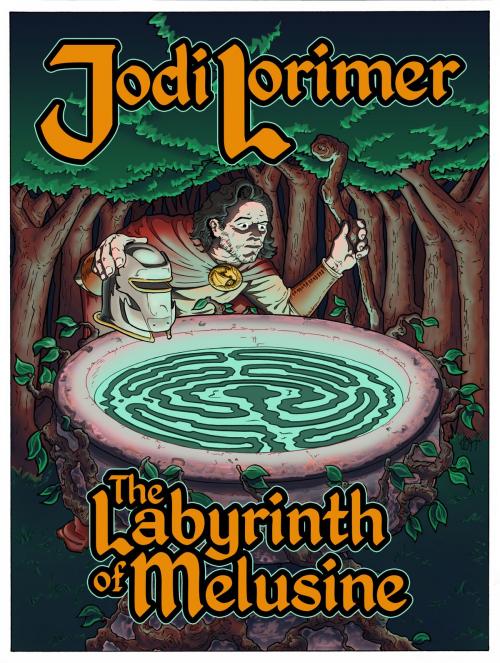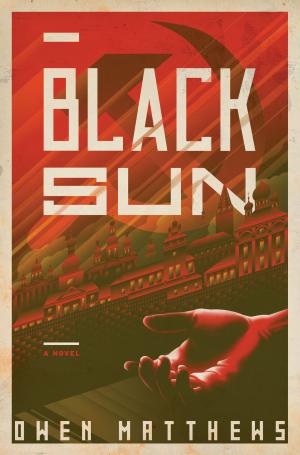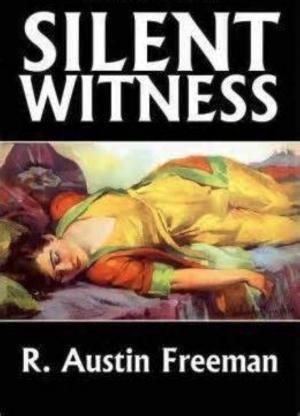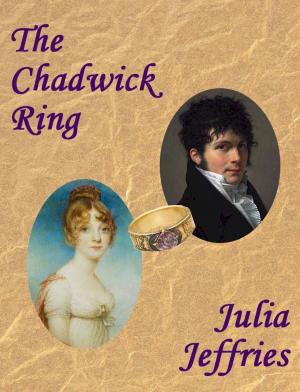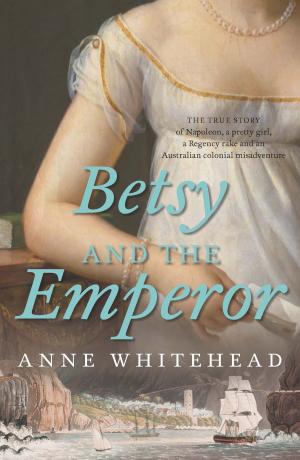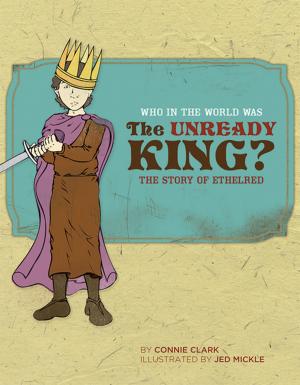| Author: | Jodi Lorimer | ISBN: | 9781370348657 |
| Publisher: | Jodi Lorimer | Publication: | August 1, 2017 |
| Imprint: | Smashwords Edition | Language: | English |
| Author: | Jodi Lorimer |
| ISBN: | 9781370348657 |
| Publisher: | Jodi Lorimer |
| Publication: | August 1, 2017 |
| Imprint: | Smashwords Edition |
| Language: | English |
“The Labyrinth of Melusine” is not a typical faerie tale. These are not delicate, gossamer winged creatures but fierce, passionate beings fighting for their very existence.
Based on a 15th century tale, “Melusine” probes the metaphysical relationship between humans and faeries. They hunger for powers the other possesses, yet desire alone cannot make it so.
Melusine, a water faerie, defies her fearsome twin sister, Melior, by marrying a human, Raymond. Her love for him is genuine yet she also has a hidden purpose. No good can come of this. Or can it? The omens are there from the beginning. Is this a bold move of the heart, or a desperate and doomed last chance?
It begins simply enough. A vow, blinded by love, is made and broken, and faeries never forget. The secrets, the mysterious hints of a strange existence beyond the waking world burst through Melusine’s carefully constructed life and can no longer be denied. The family is shattered and each must find their own peace.
Raymond, born into a poor family, is raised by his wealthy uncle as a young man of privilege. He is kind, grateful, and uncurious about the world; an easy companion to his Uncle Avery. When Lord Avery is killed by an unearthly white boar in a tragic hunting accident, a guilt-ridden, desperate Raymond aimlessly wanders the night forest. He finds Melusine at her magical fountain and falls in love. She offers him all he desires, but he must promise her; Saturdays will be her own and he is never to follow her. He eagerly agrees if it means having this stunning woman as his wife.
Melusine bears many children yet only three survive beyond birth; the heir, Geoffrey of the Boar’s Tooth, Fromont, the scholar, and daughter Eglantine. Each must come to understand the powers they possess and hints of strangeness that intrude on their comforts. Whether they have the courage to accept their faerie/human identities and embrace them, or succumb to madness and death, is a torturous path.
The home that Melusine creates is the magnificent castle of Lusignen, where all is abundance, comfort, and beauty. At its heart lies her fountain, the source of all life in the castle, its waters nourishing orchards and animals as well as the souls of its people. Their world rests on the knife-edge of her husband’s fallible trust and the eerie presence of enchantment, an alluring and terrifying attraction for the children. When Raymond is pressed by his men to spy on Melusine, all she has created crumbles; the fountain dries up, the castle is abandoned, and Melusine, lost. His life in ruins, Raymond resolves to make a pilgrimage to Santiago de Compostella to find peace.
Eglantine is comfortable with her faerie nature. However, she will pay a price for her fascination with the supernatural as she is enticed away to Faerie by Aunt Melior, who seizes an opportunity to defeat her sister’s plans.
Fromont is a wise child. His clairvoyance and sensitivity are unquestioned. Yet as he grows older, his childhood innocence becomes a devastating burden, he falls victim to strange forces which cause heartbreaking agony for his family.
Geoffrey, as soldier and heir, is terrified by his telekinetic abilities, arising when he loses his famous temper. He struggles to come to grips with what he knows to be true yet is afraid to face. When his home and family are lost through a horrific, uncontrolled display of his powers, he becomes an outcast. He must find a way to salvage his family, self-respect and Lusignen. The only way is to reconcile his dual nature. He discovers his family history through a strange encounter with his dying grandmother and the giant who guards her. He must return to Lusignen, now an abandoned ruin, and seek the fountain. Yet it now lies at the center of a vast labyrinth whose mysterious denizens, manifestations of Tarot cards, he must confront.
Geoffrey’s painful journey is a searing reconciliation of spirit and consciousness, of trust, love and the healing power of humor.
“The Labyrinth of Melusine” is not a typical faerie tale. These are not delicate, gossamer winged creatures but fierce, passionate beings fighting for their very existence.
Based on a 15th century tale, “Melusine” probes the metaphysical relationship between humans and faeries. They hunger for powers the other possesses, yet desire alone cannot make it so.
Melusine, a water faerie, defies her fearsome twin sister, Melior, by marrying a human, Raymond. Her love for him is genuine yet she also has a hidden purpose. No good can come of this. Or can it? The omens are there from the beginning. Is this a bold move of the heart, or a desperate and doomed last chance?
It begins simply enough. A vow, blinded by love, is made and broken, and faeries never forget. The secrets, the mysterious hints of a strange existence beyond the waking world burst through Melusine’s carefully constructed life and can no longer be denied. The family is shattered and each must find their own peace.
Raymond, born into a poor family, is raised by his wealthy uncle as a young man of privilege. He is kind, grateful, and uncurious about the world; an easy companion to his Uncle Avery. When Lord Avery is killed by an unearthly white boar in a tragic hunting accident, a guilt-ridden, desperate Raymond aimlessly wanders the night forest. He finds Melusine at her magical fountain and falls in love. She offers him all he desires, but he must promise her; Saturdays will be her own and he is never to follow her. He eagerly agrees if it means having this stunning woman as his wife.
Melusine bears many children yet only three survive beyond birth; the heir, Geoffrey of the Boar’s Tooth, Fromont, the scholar, and daughter Eglantine. Each must come to understand the powers they possess and hints of strangeness that intrude on their comforts. Whether they have the courage to accept their faerie/human identities and embrace them, or succumb to madness and death, is a torturous path.
The home that Melusine creates is the magnificent castle of Lusignen, where all is abundance, comfort, and beauty. At its heart lies her fountain, the source of all life in the castle, its waters nourishing orchards and animals as well as the souls of its people. Their world rests on the knife-edge of her husband’s fallible trust and the eerie presence of enchantment, an alluring and terrifying attraction for the children. When Raymond is pressed by his men to spy on Melusine, all she has created crumbles; the fountain dries up, the castle is abandoned, and Melusine, lost. His life in ruins, Raymond resolves to make a pilgrimage to Santiago de Compostella to find peace.
Eglantine is comfortable with her faerie nature. However, she will pay a price for her fascination with the supernatural as she is enticed away to Faerie by Aunt Melior, who seizes an opportunity to defeat her sister’s plans.
Fromont is a wise child. His clairvoyance and sensitivity are unquestioned. Yet as he grows older, his childhood innocence becomes a devastating burden, he falls victim to strange forces which cause heartbreaking agony for his family.
Geoffrey, as soldier and heir, is terrified by his telekinetic abilities, arising when he loses his famous temper. He struggles to come to grips with what he knows to be true yet is afraid to face. When his home and family are lost through a horrific, uncontrolled display of his powers, he becomes an outcast. He must find a way to salvage his family, self-respect and Lusignen. The only way is to reconcile his dual nature. He discovers his family history through a strange encounter with his dying grandmother and the giant who guards her. He must return to Lusignen, now an abandoned ruin, and seek the fountain. Yet it now lies at the center of a vast labyrinth whose mysterious denizens, manifestations of Tarot cards, he must confront.
Geoffrey’s painful journey is a searing reconciliation of spirit and consciousness, of trust, love and the healing power of humor.
